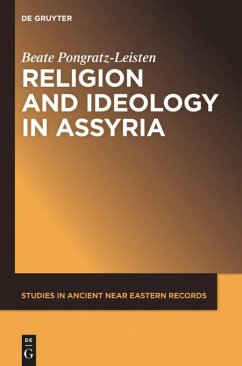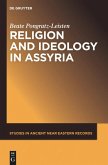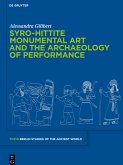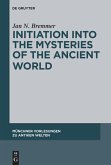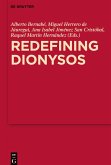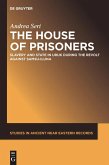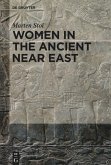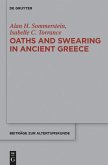Addressing the relationship between religion and ideology, and drawing on a range of literary, ritual, and visual sources, this book reconstructs the cultural discourse of Assyria from the third through the first millennium BCE. Ideology is delineated here as a subdiscourse of religion rather than as an independent category, anchoring it firmly within the religious world view.
Tracing Assur's cultural interaction with the south on the one hand, and with the Syro-Anatolian horizon on the other, this volume articulates a "northern" cultural discourse that, even while interacting with southern Mesopotamian tradition, managed to maintain its own identity. It also follows the development of tropes and iconic images from the first city state of Uruk and their mouvance between myth, image, and royal inscription, historiography and myth, and myth and ritual, suggesting that, with the help of scholars, key royal figures were responsible for introducing new directions for the ideological discourse and for promoting new forms of historiography.
Tracing Assur's cultural interaction with the south on the one hand, and with the Syro-Anatolian horizon on the other, this volume articulates a "northern" cultural discourse that, even while interacting with southern Mesopotamian tradition, managed to maintain its own identity. It also follows the development of tropes and iconic images from the first city state of Uruk and their mouvance between myth, image, and royal inscription, historiography and myth, and myth and ritual, suggesting that, with the help of scholars, key royal figures were responsible for introducing new directions for the ideological discourse and for promoting new forms of historiography.
"To summarize, the book is remarkable for its wide thematic scope and is worth reading for everyone interested in 'Assyrian royal ideology [...]"
Nikita Artemov in: Orientalische Literaturzeitung 113/1 (2018), 21-25
"L'autrice è attenta a rimarcare il concetto chiave che permette di cogliere davvero il ruolo, la produzione e la riproduzione dell'ideologia e dell'immagine politica dei re assiri nel contesto della Weltanschaaung mesopotamica: la religione, insita in ogni aspetto del pensiero, influenzava tutti gli ambiti sociali, dalla letteratura alla politica, dall'arte all'economia, e allo stesso modo si estendeva all'ideologia regale, permeandola e modellandola. Con questo libro, Pongratz-Leisten riesce a illustrare chiaramente l'indissolubile legame tra religione e potere in Assiria."
Geraldina Rozzi in: Rivista Biblica 1-2/66 (2018), 252-255
Nikita Artemov in: Orientalische Literaturzeitung 113/1 (2018), 21-25
"L'autrice è attenta a rimarcare il concetto chiave che permette di cogliere davvero il ruolo, la produzione e la riproduzione dell'ideologia e dell'immagine politica dei re assiri nel contesto della Weltanschaaung mesopotamica: la religione, insita in ogni aspetto del pensiero, influenzava tutti gli ambiti sociali, dalla letteratura alla politica, dall'arte all'economia, e allo stesso modo si estendeva all'ideologia regale, permeandola e modellandola. Con questo libro, Pongratz-Leisten riesce a illustrare chiaramente l'indissolubile legame tra religione e potere in Assiria."
Geraldina Rozzi in: Rivista Biblica 1-2/66 (2018), 252-255

